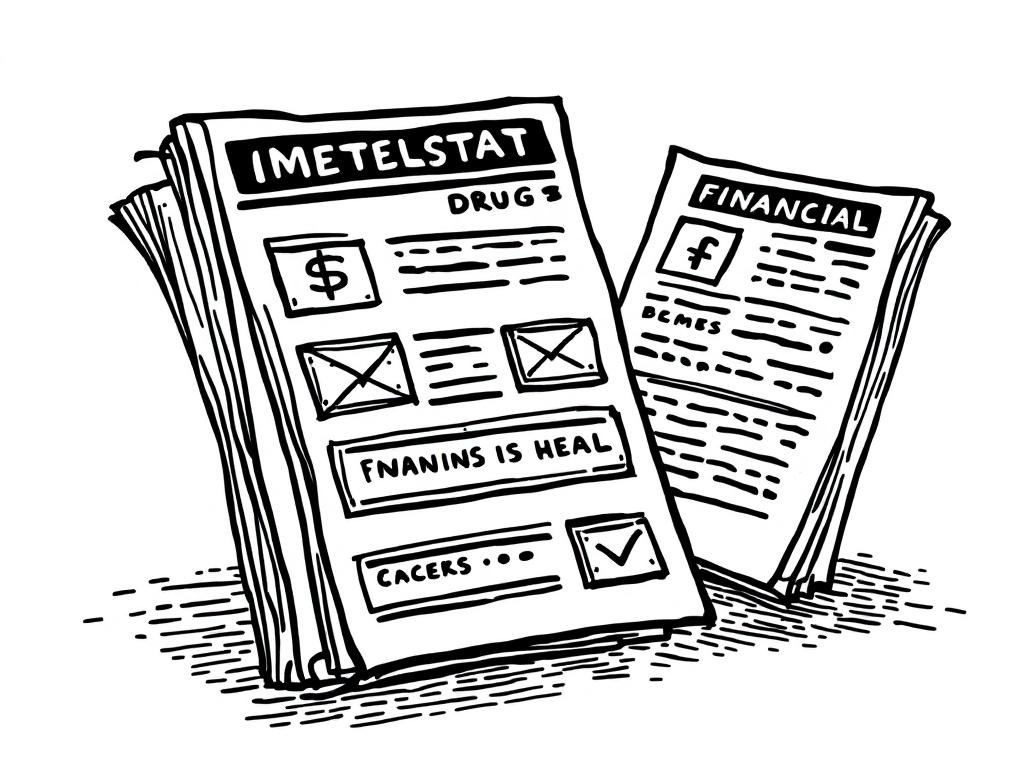Imetelstat Shows Promise for Myelodysplastic Syndromes

Menlo Park, Saturday, 14 June 2025.
Geron Corporation’s Imerge trial reveals that Imetelstat significantly improves quality of life and symptom management in lower-risk Myelodysplastic Syndrome patients, particularly enhancing hemoglobin levels in anemic cases.
Clinical Trial and Findings
Geron Corporation (NASDAQ: GERN) recently revealed results from its Imerge Phase 3 clinical trial, which focused on evaluating the efficacy of Imetelstat, a telomerase inhibitor, in patients with lower-risk Myelodysplastic Syndromes (MDS). This study, presented during the 30th European Hematology Association Annual Congress on 12–15 June 2025 in Milan, Italy, highlights that Imetelstat significantly improved patient outcomes, particularly enhancing hemoglobin levels, an essential marker in the management of MDS [1][2].
Quality of Life and Symptom Management
The Imerge trial specifically aimed at addressing the quality of life in patients suffering from MDS-related anemia. According to the QUALMS and QUALMS-P studies, patients treated with Imetelstat showed notable improvements in quality of life metrics, such as a faster median time to first sustained improvement compared to the placebo group—92.1 weeks versus not evaluable respectively [1]. Additionally, the trial reports that 50% of Imetelstat-treated participants experienced a meaningful reduction in fatigue compared to 40% of the placebo group, as measured by the FACIT-Fatigue scale [1]. These findings suggest significant relief in symptom burden, marking a progressive step for those previously reliant on red blood cell transfusions [1].
Market Implications and Future Outlook
Following these promising results from the Imerge trial, Geron Corporation positions Imetelstat as a potential cornerstone in treating lower-risk MDS patients, particularly those previously untreated or refractory to erythropoiesis-stimulating agents. The trial’s positive outcomes could influence future market strategies and treatment protocols by potentially increasing Imetelstat’s viability as a frontline treatment. The drug’s ability to offer transfusion independence further bolsters its market potential in hematologic oncology [1][3]. Notably, these insights could reshape therapeutic approaches, underscoring the ongoing commitment to enhancing patient care in hematology [1][2].